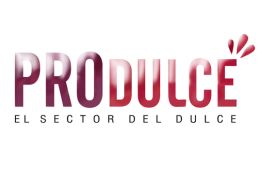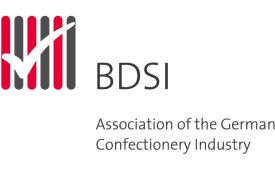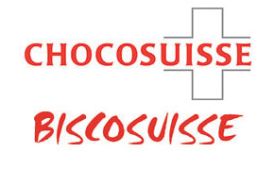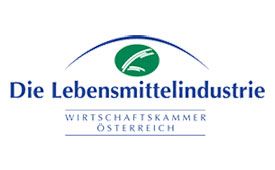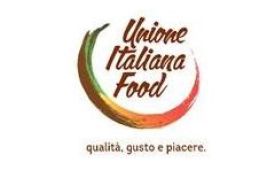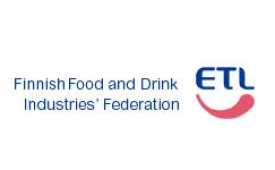Competitiveness
CAOBISCO’s priority is to maintain and enhance its export competitiveness by prevailing and improving market access opportunities through bilateral trade agreements.
Supporting the competitiveness of European manufacturers
The chocolate, biscuits and confectionery industries are amongst Europe’s most dynamic and largest manufacturing and exporting sectors. They contribute strongly to local communities’ vitality and to the European economy. CAOBISCO members create jobs as well as a wide choice and variety of products for their consumers.    Â
The competitiveness of CAOBISCO industries needs to be supported to help the sector facing the challenges driven notably by the global economic downturn or the rise in raw materials and energy prices through the following measures:
- An improved integration of legislation and industrial policy at European level to provide a flexible and business-friendly framework in which CAOBISCO members can operate, in particular SMEs
- A sustainable access to adequate supplies of raw materials that are safe, of high quality and competitively priced
- A consistent EU trade policy stimulating growth through balanced free trade agreements with third countries.
Example of the lack of coherence between legislation and trade policy: Rules of origins in bilateral trade negotiations
Preferential rules of origin apply with countries that have a preferential trade agreement with the EU and in this context the rules of origin are fundamental to determine the customs duty to be paid according to the origin and manufacture of the product and its related content/ingredients.
A new regulation determining preferential rules of origin under the General System of Preferences (GSP) entered into force on 1 January 2011, with the aim to simplify rules and procedures for developing countries wishing to access the EU’s preferential trade arrangements, while preventing fraud.
The new Regulation bases the determination of origin of food products on weight rather than the value criteria with the objective to simplify origin rules. For CAOBISCO products for instance, it has been determined that the product imported from preferential “GSP” countries with a preferential trade arrangements could only include a limited percentage in weight of non-originating sugar and dairy (i.e. maximum 40% of the final weight for sugar or dairy and 60% for sugar and dairy combined).
However, while the GSP rules would only concern imports of products into the EU, the European Commission decided in 2011 to negotiate reciprocal rules of origin in new bilateral Free Trade negotiations on the basis of the GSP criteria, meaning that the determination of origin would also affect products produced in the European Union and exported to third countries (if these rules are accepted by both Parties during the FTA negotiations).
Knowing that CAOBISCO industries are and will be more and more dependent in using non-EU materials in their products (sugar for instance), the Commission’s decision could have serious negative consequences on CAOBISCO’s export business and competitiveness.
Therefore CAOBISCO is asking the Commission to:
- ensure that preferential origin rules on sugar negotiated are as less restrictive as possible in the use of non-EU materials in times of supply deficit on the EU market.
- discourage the Commission to negotiate in bilateral talks with third countries on the weight criteria for sugar for our products but rather on value as in the past;
- advocate accounting segregation in order for suppliers to store non-EU sugar with EU sugar without the whole storage being identified as non-originating.


